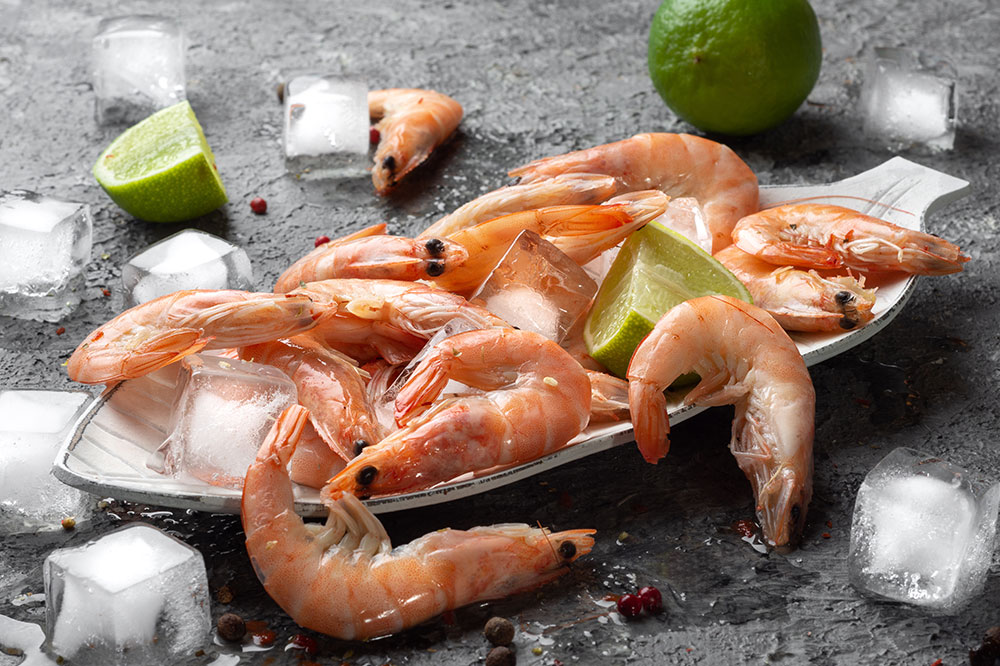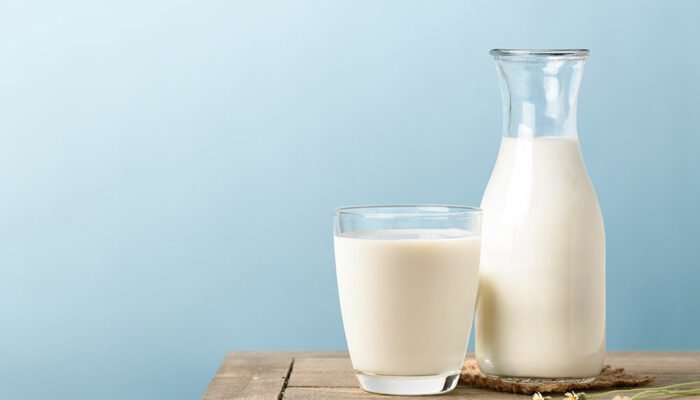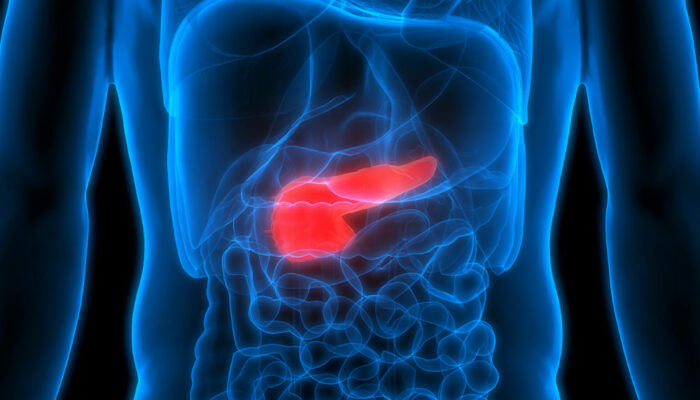
Foods That Help Manage PAH
Pulmonary arterial hypertension (PAH) is a condition in which there is high blood pressure in arteries that connect your heart and lungs. The condition is different from suffering from high blood pressure. The condition is life-threatening, and with time, it can get worse. However, some treatments can ease the symptoms and help patients lead a normal life.
Let us know the foods that help with PAH and those that should be avoided.
1. Eat foods rich in iron
Arteries are constricted due to pulmonary arterial hypertension, and the oxygen in the blood finds it difficult to reach the lungs. Thus, foods, especially beans, rich in iron can help in increasing the amount of oxygen, which eventually reaches the lungs, increasing the red blood cells’ count. More iron-rich food will ensure that the body is getting more oxygen, transporting the same to the lungs. Some of the foods that one can consider keeping a part of one’s diet include spinach, beans, legumes, pumpkin seeds, and quinoa.
2. Limit the intake of salt
Blood pressure can be kept under control if the amount of salt intake in a regular diet is controlled. Apart from this, one can also decrease the consumption of processed foods extremely rich in salt content. These will keep the blood pressure in check and, in turn, help with the management of pulmonary arterial hypertension.
3. Intake more vitamin C
Apart from getting more iron so that the body gets more oxygen, one can also focus on ensuring the effectiveness of the iron. Foods rich in vitamin C can help with this, as they successfully absorb the iron and boost its positive effect. Some of the foods rich in vitamin C include orange juice, pineapples, kiwis, broccoli, and red and yellow peppers.
4. Limit the content of fluids
Doctors often advise patients of pulmonary arterial hypertension from consuming more than two liters of fluid daily, equal to approximately 8 cups of fluid or water. Consuming more fluid during the day puts extra pressure on the arteries and the heart.
5. Limit sugar content
It is advisable to limit foods that have high sugar content. In addition to refined sugar, one should also avoid saturated fats and cholesterol, creating a blockage in the arteries, disrupting its function.
6. Add more vitamin K to your diet
Vitamin K is good for conditions related to the heart, and they help the blood be pumped at a good pace. Foods rich in vitamin K are many, and there are endless options to choose from. Some of the vitamin-K-rich foods that help with PAH include spinach, kale, collard greens, turnip greens, basil, parsley, and chives. Under normal circumstances, women are suggested to consume 90 mcg of vitamin K daily, whereas men should consume at least 120 mcg.



